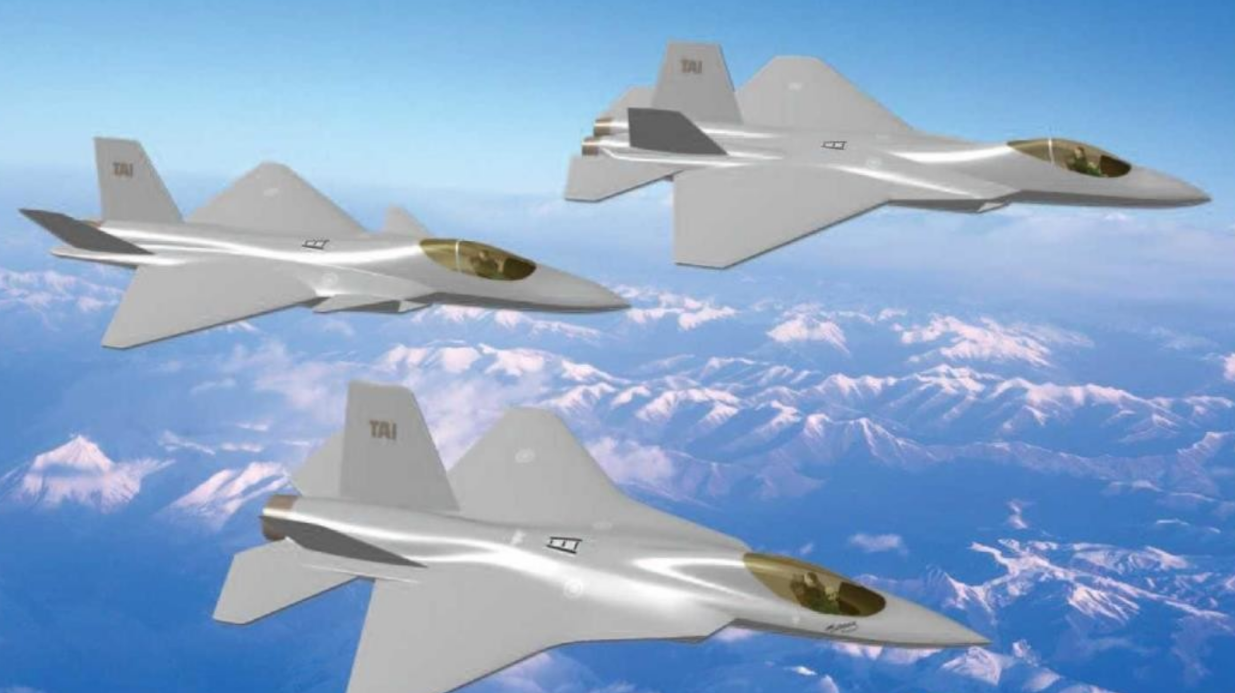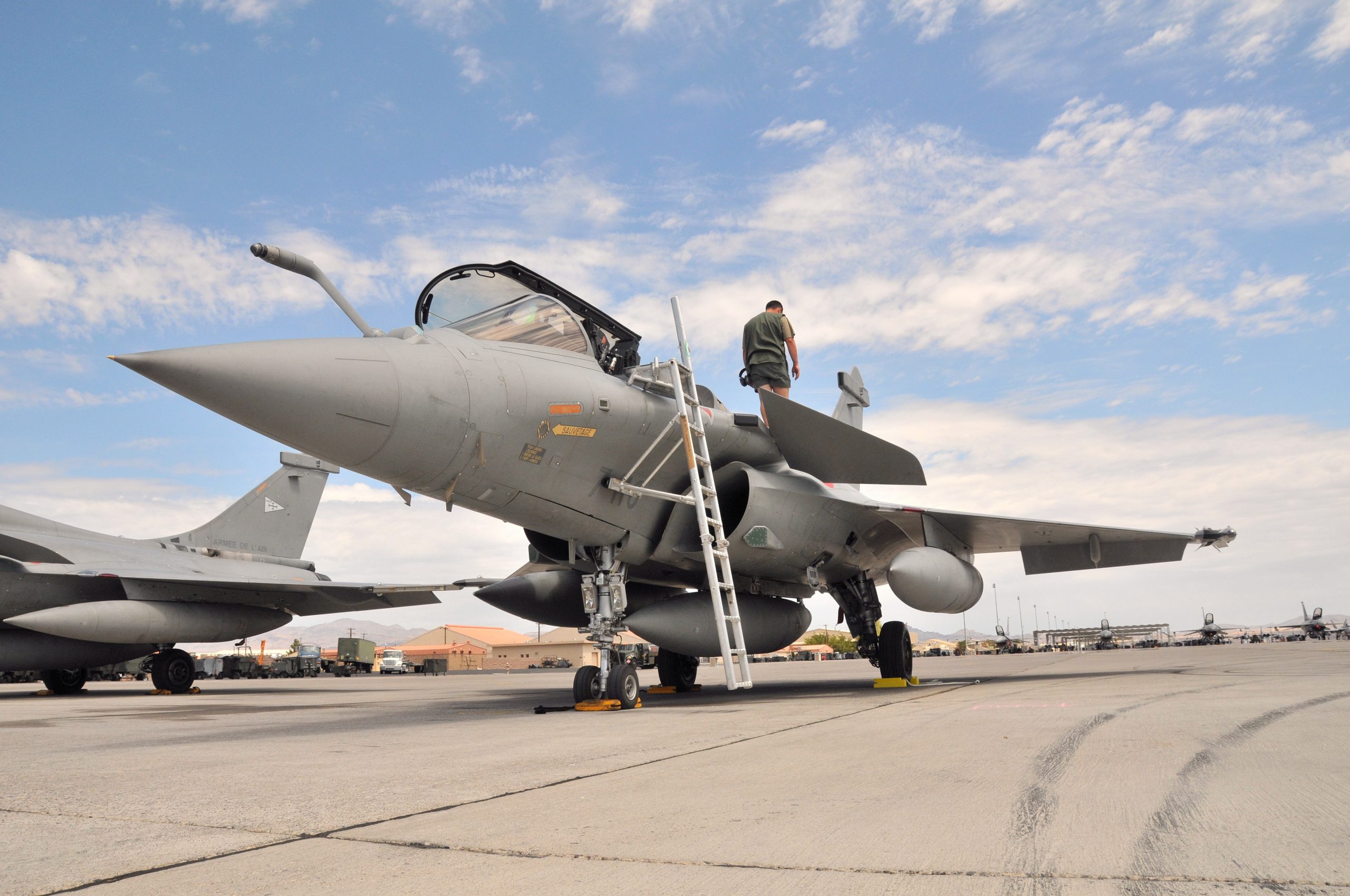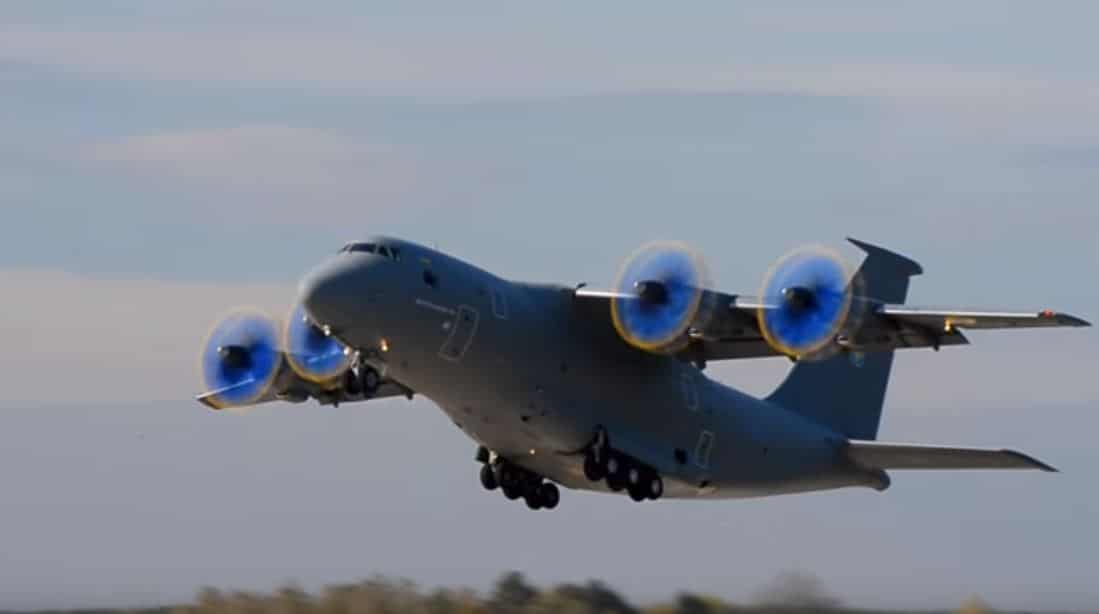2474Views 14Comments

Turkey’s next-gen fighter delayed in failed coup aftermath
According to Bloomberg, the Turkish Aerospace Industries (TAI)’s next-generation fighter program, the TFX, will be delayed as a result of the British government’s decision to monitor Turkey’s political climate in the aftermath of the failed coup attempt against President Recep Tayyip Erdogan.
In December 2015, BAE Systems was shortlisted as the leading the vendor to assist TAI in designing and developing the TFX, coming ahead of Sweden’s Saab and Airbus Defence & Space (Flight Global).
TAI and BAE were to finalize their agreement over the next several weeks, but the failed coup attempt that took place in July and the subsequent events that had occurred as a result of it pushed London to monitor the situation before letting BAE fully commit to the program.
Bloomberg noted that the British government’s decision to slow the process is “another example of how relations between Turkey and its western neighbors have soured.”
However, with long-term uncertainty looming over Britain’s economic climate (in the aftermath of the Brexit vote), BAE has much to gain from the success of the TFX.
In addition to the Turkish Air Force’s own requirements (of 250 TFX aircraft), BAE could also accrue ancillary gains from TFX exports to third-party clients.
With the F-35 still confined to a very limited pool of buyers (mostly within NATO and the U.S.’s closest allies), the TFX has the potential to secure sales in the Middle East, North Africa, and Asia.
Furthermore, if BAE is unable to commit, then another vendor – such as Saab – could step in to fill the void. Bloomberg’s source expects that the TAI-BAE deal will be finalized by the end of 2016.



14 Comments
by MT
turks going islamist & dictator can forget Ny cooperation from west.
by SP
With the cooling of relations with the US after the failed coup attempt, any future upgrades to the F-16 by Pakistan using Turkey could also be affected. Pakistan needs to be cautious in acquiring US equipment.
by Navid lahori
What is this “Islamist & Dictator “,do you mean Hinduist & Fascist, Modi way?
by Syed
Welcome to my world Erdogan
by DIAA aHMED
As we said in advance any cooperation between Pakistan and Turkey is risky because it is the simplicity of Turkey will work on the demolition of the Turkish military capabilities, which plunged into a civil war with the Kurds suffer daily enormous losses, there is only natural to be canceled most military projects and postponed lack the stability of Turkey is clear and the US to withdraw nuclear weapons from Turkey and stored in bases Broumnia because everyone knows that Turkey will enter a dark tunnel through the civil war and political conflicts which will eliminate many of the Turkish dreams
by MT
Modi hasnt culled 20000 Teachers & sacked 1000 professors- Modi hasnt jailed 20000 army jawans & purged entire secular,liberal institutional ecosystem
Infact, In India secular,liberal brigade plants,peddles fake news to discredit modi
despite modi allowing them freedom of speech, lying & propaganda
by MT
Erdogan sent his Foreign minister to India seeking support from India while committing to help India join NSG as they did on MTCR
Erdogan is nt islamist but he is playing with fire–Turkey is 99% muslim country so he doesnt need to play islam card for governance & unity of nation
by syed
M not a follower of Erdogan or an admirer ….but what I see is a country with almost half of India’s GDP with only 80 million people…..have to give devil his due…..you should too
by Shershahsuri
Well, Mr. Bilal, Pakistan has two big options for 5th generation stealth air crafts–J-31 and TFX. TFX can be a lot better because of the the partnership of BAE. In case Paksitan go for this platform, will the access be so smooth and convenient as that of China’s is. Will BAE allow Turkey give access to modern and sophisticated platform like TFX. Access of Pakistan to sophisticated modern technology has also been restricted by the US and some of its close friends. Then which is the better option for Pakistan? TFX or J-31.
by Mazhar
Why Indians keep pocking their noses into every issue and linking it with India. Now it’s Turkey which is being bestowed by our Indian “friends'” glorious ideas. Any country which gets into defense deals with Pakistan is enough reasons for Indians to bash it. Stop comparing India with Turkey. Don’t try to become “PHUPHOO” of the world like USA. And who think Turkey will get into civil war, are mistaken. This is true that Pakistan should now become more careful while dealing with any defense system which have any linkage with USA and Brits.
by shine
modi did butchered Muslims in Gujarat and now doing the same in Kashmir 40th day of curfew more than 80 people have lost there lives just for a man Indians call terrorist we call him freedom fighter like bhagat singh and he is “BURHAN WANI”
by bla bla
these people were involed in Coup plot Erdogan did the right thing
by MT
lol Bhagat singh didn’t use religion & violence in hia struggle.
singh didn’tngo aroundb with ak47 &,called for killing of pandit who are native resident of kashmir 3000yrs before islam was born.
Those 70 killed in violence is result of their arsonist,police station burning & attacking police/army bases
by Nate
TFX, such as it is, is at best, 15 years away from being wheels up, meaning, by the time the first prototype takes off, manned combat craft are likely to be outdated, so, this entire argument is nearly moot. UCAV should be very far along by then.
As to Turkey, there was no coup, Erdogan is just cementing his dictatorship, the ‘failed’ coup was just a front to allow him to eradicate any possible secular opposition and do it in such a way as to not alienate every western country on the planet. Not 100% successful at that, but then, you can’t just jail 30,000 public servants that you happened to have a fail ready on out of the blue and not have at least some western pundits take notice at how unlikely all that is.
As to your tit for tat, neither Pak nor India have an answer to a local turkish indigenous non event fighter. India local manufacturing for a native built fighter has been an appalling failure, and Pakistans joint production (read chinese developed cheap fighter Pak is capable of building) has been a poor sales performer, as, its capabilities dont match that of even the cheapest, oldest second-hand 4th gen fighters.